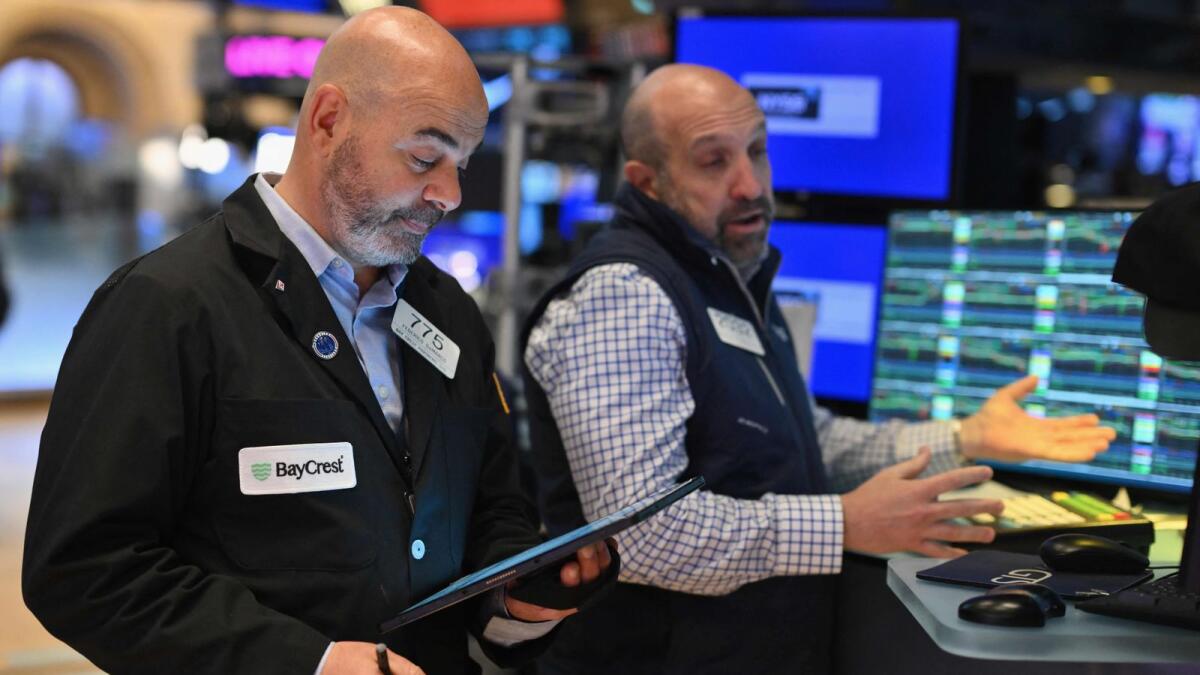The stock markets around the world are reacting to the potential outcome of the US election, specifically with regards to the impact of a Trump victory on China. In Asia, shares outside Japan fell slightly as investors assess the implications of a Trump presidency on the global economy. However, in the US, futures on the S&P 500 and Nasdaq are showing gains following dovish comments from the Federal Reserve that suggest more rate cuts could be in store.
Despite the cautious sentiment in Asian markets, the Nikkei index in Japan saw a slight increase after a public holiday. The fallout from the attempted assassination of former President Donald Trump has also been a focal point for investors as they weigh the potential impact on the election. Opinion polls continue to show a close race between Trump and President Joe Biden, with Trump leading in key swing states.
Following J.D. Vance’s nomination as Trump’s vice presidential running mate, the Dow Jones hit a record high, driven by energy and banking shares. The Shanghai Composite index and Hong Kong’s Hang Seng index both experienced losses due to soft economic data from China. However, shares in Taiwan and South Korea saw modest gains as investors navigated the uncertainty in the market.
The Federal Reserve Chair’s comments on inflation and the expectation of rate cuts have led to a decrease in the US dollar against major currencies. However, the yen’s weakness has prompted concerns, especially after Tokyo’s suspected intervention last week. Japanese officials have indicated that they are prepared to take measures to counter volatile currency movements and stabilize the markets.
The market sentiment remains cautious as investors analyze the potential outcomes of the US election and its impact on global trade and economies. With the expectation of further rate cuts from the Federal Reserve and uncertainty surrounding international relations, investors are closely monitoring market developments and adjusting their strategies accordingly. Gold prices are nearing a record high, while oil prices have ticked down on concerns about a slowing Chinese economy and its impact on demand.
In conclusion, the global markets are reacting to the uncertainty surrounding the US election and its potential impact on trade relations, currencies, and economic growth. As investors navigate this uncertainty, they are closely monitoring key indicators and developments to inform their investment decisions. The upcoming months are likely to be volatile as the election approaches and the implications of the outcome become clearer.









